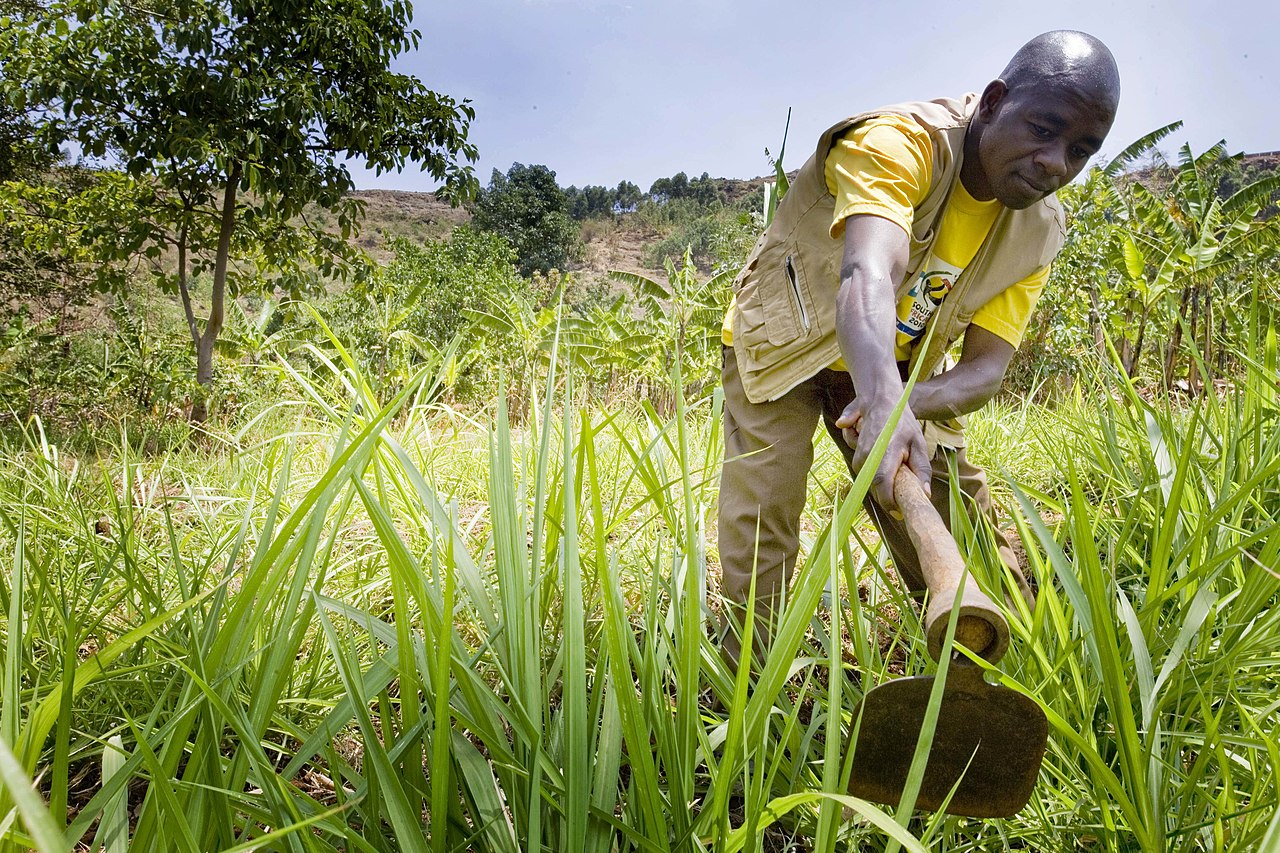Building a sustainable Africa from the ground up
Africa is an incredible and resourceful continent. It is endowed with rich raw materials, luscious scenery, and prized possessions of minerals, gold, and oil, and has the potential to be a superpower. In the wake of colonial looting, resource extraction, and cultural erosion, Africa is striving to build a new identity in terms of sustainability, through innovation and technology. However, Africa faces significant challenges from colonial scars, exploitation by foreign firms, and continued Western influence.
Previously, Africa’s development was hampered by colonial powers. This mainly started with the ‘Scramble for Africa’ in the 1884 Berlin Conference. Each country wanted access to African land to exploit it for their own benefit. Europeans were advanced in technology and dominated the continent, creating a pipeline of raw materials from Africa to Europe, a strategic move that encouraged European development.
Transnational corporations (TNCs) have been extracting minerals such as cobalt and gold from various nations to manufacture products like phones for generations. The history of transnational cooperation in Africa started a while back. Companies, such as British Petroleum (BP), were engaged with nations like Nigeria and Angola. It is cost-effective for them, as government laws are laxer and poorly enforced, mainly due to corruption.
While these companies have seen significant growth, local communities can suffer greatly. The extraction processes sometimes cause irreversible damage to the land, leading to environmental degradation and creating a cesspool of adverse effects for the inhabitants. It is a delicate balance between economic structure and greed versus the environment.
African countries need autonomy and strength to ensure economic sustainability
A key example of this is cobalt mining in the Democratic Republic of Congo (DRC). Cobalt is a fundamental part in the production of lithium-ion batteries used for electric vehicles and portable devices. This industry is growing rapidly, which makes the DRC highly significant because it produced approximately 170,000 metric tons of cobalt in 2023. This amounted to 70% of the world’s cobalt production. This translates into significant revenue which could be used for the benefit of the workers risking their lives on the continent.
However, a disproportionate percentage of the revenue goes to TNCs. Some of the key participants are Apple, TESLA, and Glencore. Glencore, Tesla’s key supplier, reported billions in profits last year, with miners, meanwhile, earning pennies. In December 2019, International Rights Advocates, an American non-profit organisation, sued Apple, Google, Tesla, and Microsoft. It sought damages on behalf of 14 Congolese families.
One way to decrease the disparity between TNCs and workers would be to create a formal, robust trade union that protects miners and makes firms responsible for their health. Another solution is Fair Trade Certification, which can be used to establish these buildings on land in some jurisdictions. Fairtrade is an ethical agreement between two parties. However, finding a solution for an ethical balance alongside the economic future is hard. Transnational cooperation can do more harm than good, especially when an estimated 40,000 children work in cobalt mines in the DRC according to UNICEF. This is adjacent to an environment where deforestation and erosion are common and can have severe effects.
African countries need autonomy and strength to ensure economic sustainability. Many politicians have toyed with pan-Africanism, which is the notion of having the same currency, shared resources, and knowledge across the continent. However, the colonial scars still haven’t healed, and hamper the feasibility of such a notion.
France’s economic growth depending on the exploitation of African wealth is shameful
One way African autonomy continues to be undermined is through monetary policy. French banks have heavily invested in African banks, and the CFA franc, used by 14 African countries, has been called into question. These countries achieved independence from France, but they couldn’t escape the control of its monetary policy. Critics argue that this relationship is a form of economic neocolonialism, which poses the question of whether it can ever be resolved. 50% of the monetary resources are sent to the Foreign Exchange reserves. France’s economic growth depending on the exploitation of African wealth is shameful.
Governments have tried to challenge conglomerates to no avail. Nationalising their resources and becoming less dependent on Western powers is more of a utopia; it is easier said than done. Strict legislation derived from the colonial laws and contracts of the past, which were skewed, creates a chasm between freedom and metaphorical chains. An effective strategy would be strengthening sustainable development agreements. However, Western nations have economic power and connections which make this outcome difficult.
Africa is home to some of the most lucrative and enriching ecosystems, from the Congo rainforest to the Serengeti to the arid desert. Environmental sustainability is the primary focus for a brighter future, and there is a need to conserve and create with current minerals. Worryingly, Africa continues to face the most urgent environmental challenges, including deforestation, desertification, climate change, water scarcity, and biodiversity loss. These challenges will be difficult to face. However, Africa needs autonomy to address these and progress towards environmental sustainability, and this is difficult to achieve.

Comments